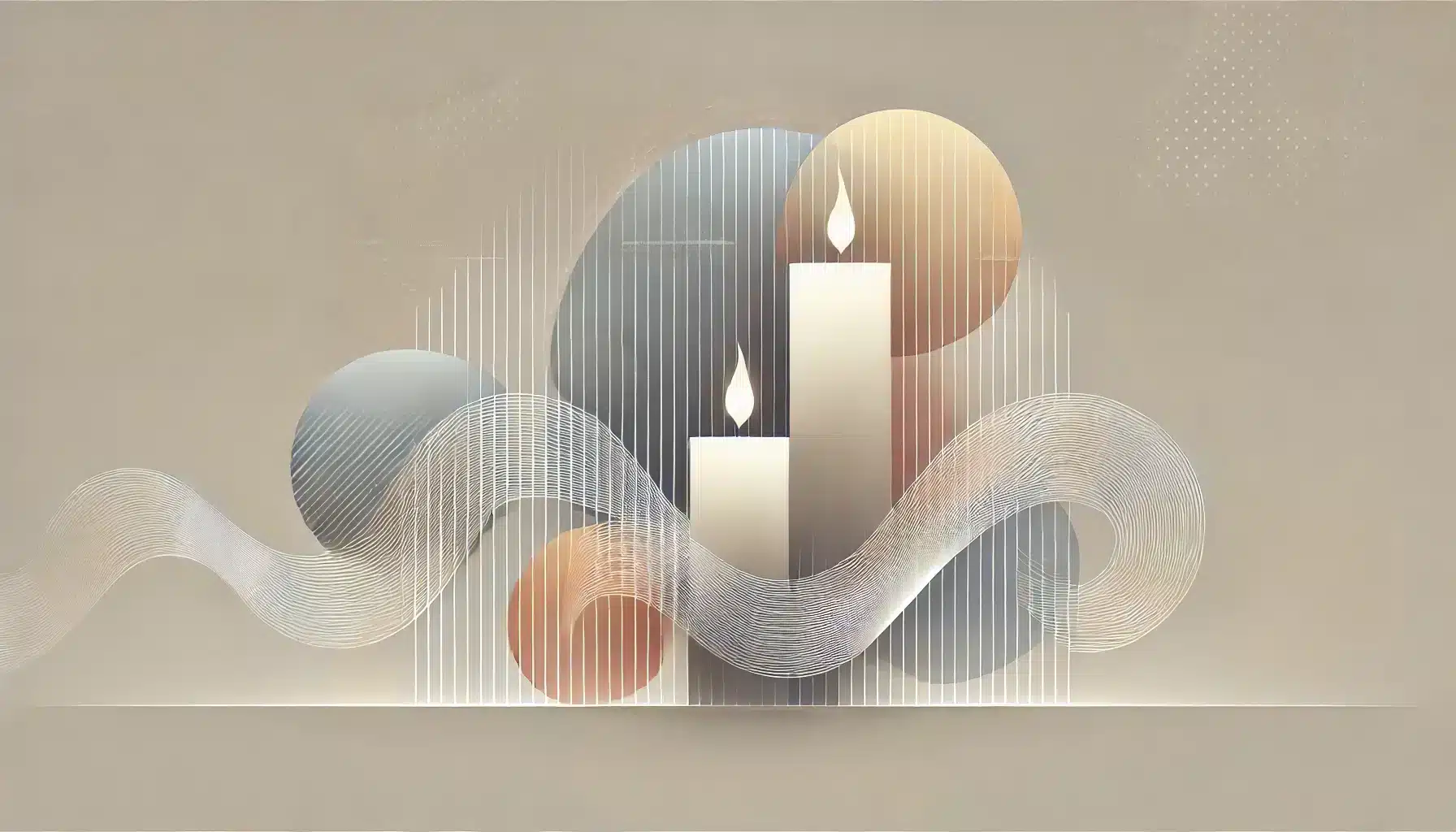What is Holocaust Memorial Day?
Holocaust Memorial Day, observed annually on January 27 across the world, honors the memory of the six million Jews and millions of others who were murdered during the Holocaust under Nazi persecution. This solemn day also marks the anniversary of the liberation of Auschwitz-Birkenau, the largest Nazi concentration and extermination camp, in 1945.
Established to promote remembrance and education, Holocaust Memorial Day serves as a global reminder of the horrors of genocide and the importance of preventing hatred and discrimination in all its forms.
History and Purpose
The United Nations General Assembly officially designated January 27 as International Holocaust Remembrance Day in 2005, urging member states to commemorate the victims of the Holocaust and to create educational programs aimed at genocide prevention. The date was chosen to coincide with the liberation of Auschwitz, a powerful symbol of the atrocities committed during the Holocaust.
The Holocaust, also known as the Shoah, occurred between 1941 and 1945 and claimed the lives of six million Jews, as well as Romani people, disabled individuals, political prisoners, and other marginalized groups. Holocaust Memorial Day not only pays tribute to these victims but also seeks to educate future generations about the dangers of hatred, bigotry, and indifference.
Who Observes Holocaust Memorial Day?
- Survivors and Their Families: Reflect on personal histories and honor loved ones lost during the Holocaust.
- Educational Institutions: Host programs, workshops, and discussions to teach students about the Holocaust and its historical significance.
- Government Leaders and Officials: Participate in official ceremonies and reaffirm commitments to human rights and anti-discrimination.
- Religious and Cultural Organizations: Conduct memorial services and events to remember victims and promote interfaith understanding.
- General Public: Visit memorials, attend events, and engage in educational activities to pay tribute to the victims and learn about the Holocaust.
Themes and Slogans
Each year, Holocaust Memorial Day focuses on a specific theme to guide commemorations and discussions. These themes highlight different aspects of the Holocaust and its relevance to modern society. For example, the theme for 2024, “Fragility of Freedom,” emphasizes the delicate nature of civil liberties and the need to protect them from hatred and prejudice.
Slogans like “We Remember”, “Never Again”, and “Learning From the Past to Build the Future” capture the essence of Holocaust Memorial Day.
Colors, Symbols, and Patterns
Colors:
- White: Representing reflection, remembrance, and hope.
- Black: Symbolizing mourning and the somber nature of the day.
- Yellow: A poignant reminder of the yellow Star of David that Jewish people were forced to wear under Nazi rule.
Symbols:
- Candles: Lit in memory of the victims and as a symbol of hope and resilience.
- Barbed Wire: Representing the suffering endured in concentration camps.
- Butterflies: Inspired by Holocaust literature, symbolizing the lives of children lost and the enduring spirit of hope.
Patterns:
- Stripes: Reflecting the uniforms worn by concentration camp prisoners.
- Rail Tracks: Depicting the transportation of victims to death camps.
- Stars of David: Honoring the Jewish victims of the Holocaust.
How to Observe Holocaust Memorial Day
- Attend Memorial Ceremonies: Participate in local, national, or international events to honor the victims and reflect on their experiences.
- Engage in Educational Programs: Join workshops, lectures, or film screenings about the Holocaust and its historical lessons.
- Visit Museums and Memorials: Explore exhibitions and monuments dedicated to Holocaust remembrance.
- Observe a Moment of Silence: Take time to reflect on the atrocities and honor the memory of the victims.
- Share Survivor Stories: Read and share personal testimonies to ensure the voices of survivors are not forgotten.
Most Used Hashtags
- #HolocaustMemorialDay
- #WeRemember
- #NeverAgain
- #HolocaustRemembrance
- #AuschwitzLiberation
Why is Holocaust Memorial Day Important?
Holocaust Memorial Day is essential because it keeps the memory of the Holocaust alive and ensures that its lessons are never forgotten. By honoring the victims and survivors, society acknowledges the consequences of unchecked hatred and bigotry. The day also encourages reflection on modern issues of discrimination and genocide, reminding the world of its responsibility to stand against injustice.
This day serves as a powerful call to action to protect human rights, promote tolerance, and build a future where such atrocities are never repeated.
Features
January 27: Holocaust Memorial Day
Why do you keep falling for the same type?
Read the article Lovemaps: the hidden blueprint of our love.

